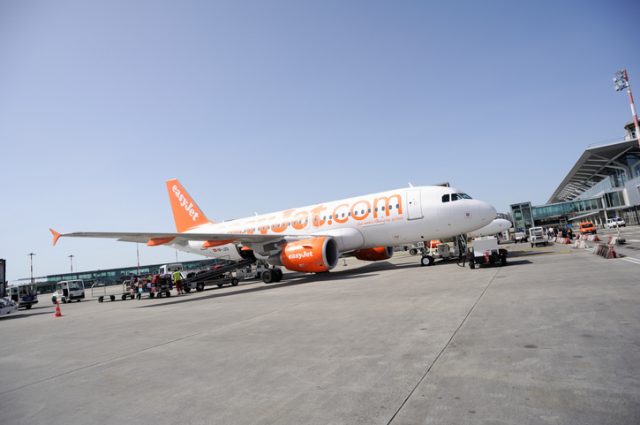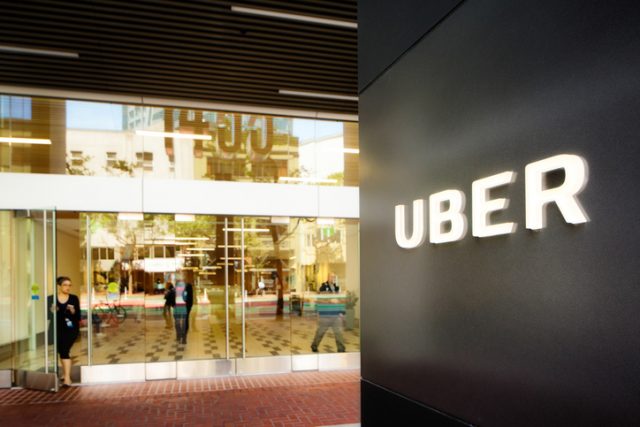Easyjet Weathers 17% Profits Decline From Price War

EasyJet’s annual profits have declined by 17% over the past year, with the company weathering a £101 million reduction in earnings due to currency fluctuations and the effects of a short haul flight price war.
The budget airline, which specialises in short haul flights between the UK and Mainland Europe, has suffered through a two-year price war with rival airlines, all competing for a lucrative market of weekend travellers.
Prices for short haul flights have been pushed down over the past two years due to an intense level of competition between airlines. Although the low prices have been good for consumers, a growing number of airlines are facing financial issues as a result of the aggressive pricing.
Earlier this year, German “semi-low cost carrier” Air Berlin filed for insolvency, ending operations at the end of October. UK-based Monarch Airlines also ceased trading recently, stranding over 110,000 passengers abroad as it abruptly closed its doors.
Compared to many of its competitors, easyJet appears to have weathered the effects of pricing wars relatively well. The company has increased its bookings over the past year and expects its revenue per seat to grow substantially over the next 12 months.
Chief executive Carolyn McCall, who is leaving the company for ITV, stated that the year was a “difficult” one for the industry as a whole. McCall noted that easyJet’s performance over the year had been “robust” and that the company had performed well in a difficult period.
Her optimism appears to be shared by investors, with easyJet shares increasing by 6% after the company’s financial results were released to the public.
Despite the slight decline in profits, easyJet hit several other performance targets over the year, often as other airlines faltered. It achieves a record-setting load factor of 92.6%, indicating that it filled its planes efficiently to maximise revenue per flight.
EasyJet also flew a record 80 million passengers over the course of the year, hitting its highest ever total amount. Analysts have described the airline’s financial outlook as “encouraging” — a rare description in an industry that’s recently become infamous for financial difficulties.
Both easyJet and other budget airlines have numerous opportunities ahead, with the coveted slots operated by former rival Monarch Airlines soon to become available to other carriers.
Monarch previously held valuable take-off and landing slots at two UK airports, operating from Luton and Gatwick. The slots are a lucrative asset for any airline, and it’s expected that a range of low-cost carriers will attempt to acquire them.
EasyJet also benefited from issues with its key rival RyanAir, which has seen more than 700 of its pilots leave over the past 12 months — an increase of 75% from previous years. Many of the pilots have attributed their decisions to boss Michael O’Leary’s “utter contempt” for staff.
Despite the resignations, the Irish low-cost airline planes to continue its expansion, announcing that it will hire up to 200 engineers across Europe as it puts into action plans to expand its fleet of aircraft from 430 to 585.











